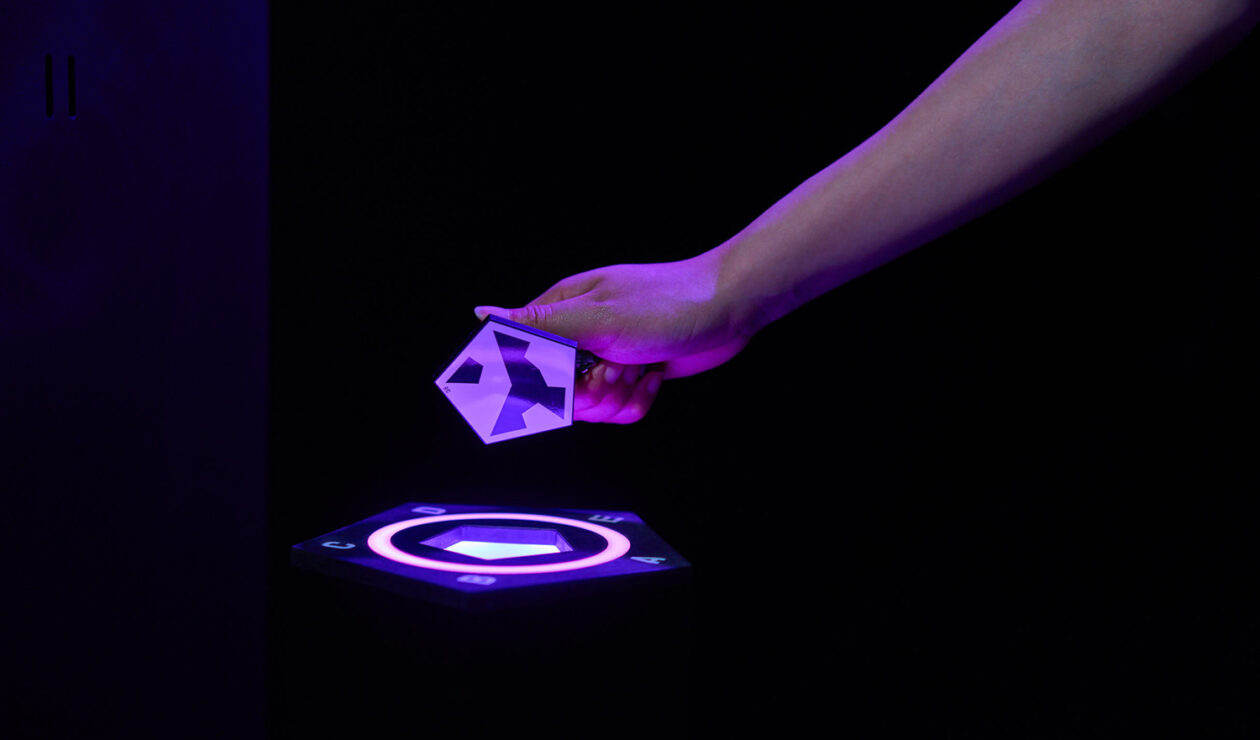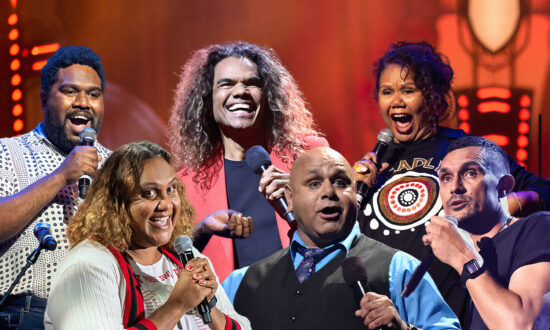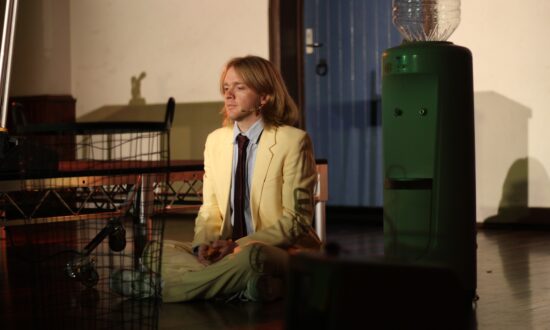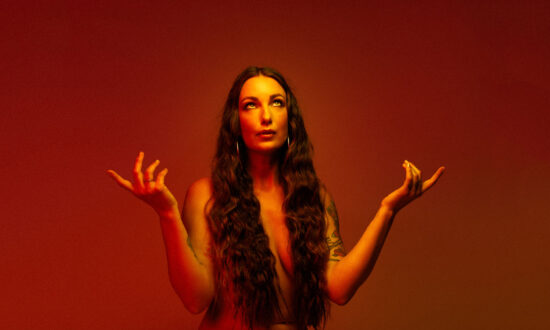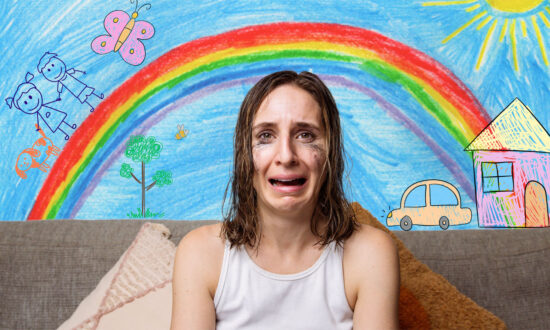By design, MOD., the University of South Australia’s futuristic museum of discovery, sits at the intersection of art and science, and as part of this year’s Fringe program it is presenting an exhibition that addresses some of the most anxiety-inducing issues of our time.
BROKEN was created after a Future Themes Forum hosted at MOD. in 2022. Attendees ranged from 15 to 25 years of age, including representatives from the education, research and arts sectors, and the aim was to better understand their collective priorities.
“We asked our stakeholders questions like: What gets you excited about the future? What keeps you talking until 2am? What are the critical issues we really need to figure out? What are we not paying enough attention to? Where do you find hope?” says Dr Dylan DeLosAngeles, MOD.’s exhibition coordinator.
“We found that our audience were feeling weighed down by the systems in our world that they feel aren’t working as they should be, like capitalism, politics, media, education, housing and taxation.
“We also found people were looking for hope.”
This is key to BROKEN.
The exhibition, which is free to attend and continues until November, is informed by Hope Theory, which sees hope as something we can grow.
“Hope involves needing to be able to set long-term goals, being able to imagine multiple pathways to reach these goals, and the belief and capacity to sustain actions to help us reach our goals, like a sense of agency,” says Dr DeLosAngeles.
“BROKEN explores hope by presenting a number of pathways, or alternatives, that are different ways of organising ourselves. The exhibition is really focussed on that aspect of being able to imagine alternative ways of doing things.”

BROKEN explores hope by presenting a number of pathways. Photo: Sam Roberts
There is an interactive element to BROKEN, with visitors loaned a unique token at the beginning of the experience. As they move through the exhibition, they scan these tokens at stations in each gallery to answer questions that are posed.
“At the end of the experience, the accumulated answers reveal a personalised story about how each visitor sees the world,” explains Dr DeLosAngeles.
This act of asking and answering questions is, ultimately, common ground for art and science.
“Both artists and scientists are interested in asking questions, about understanding the world and our place in it,” he says. “Art is one of the ways that we can communicate science.”
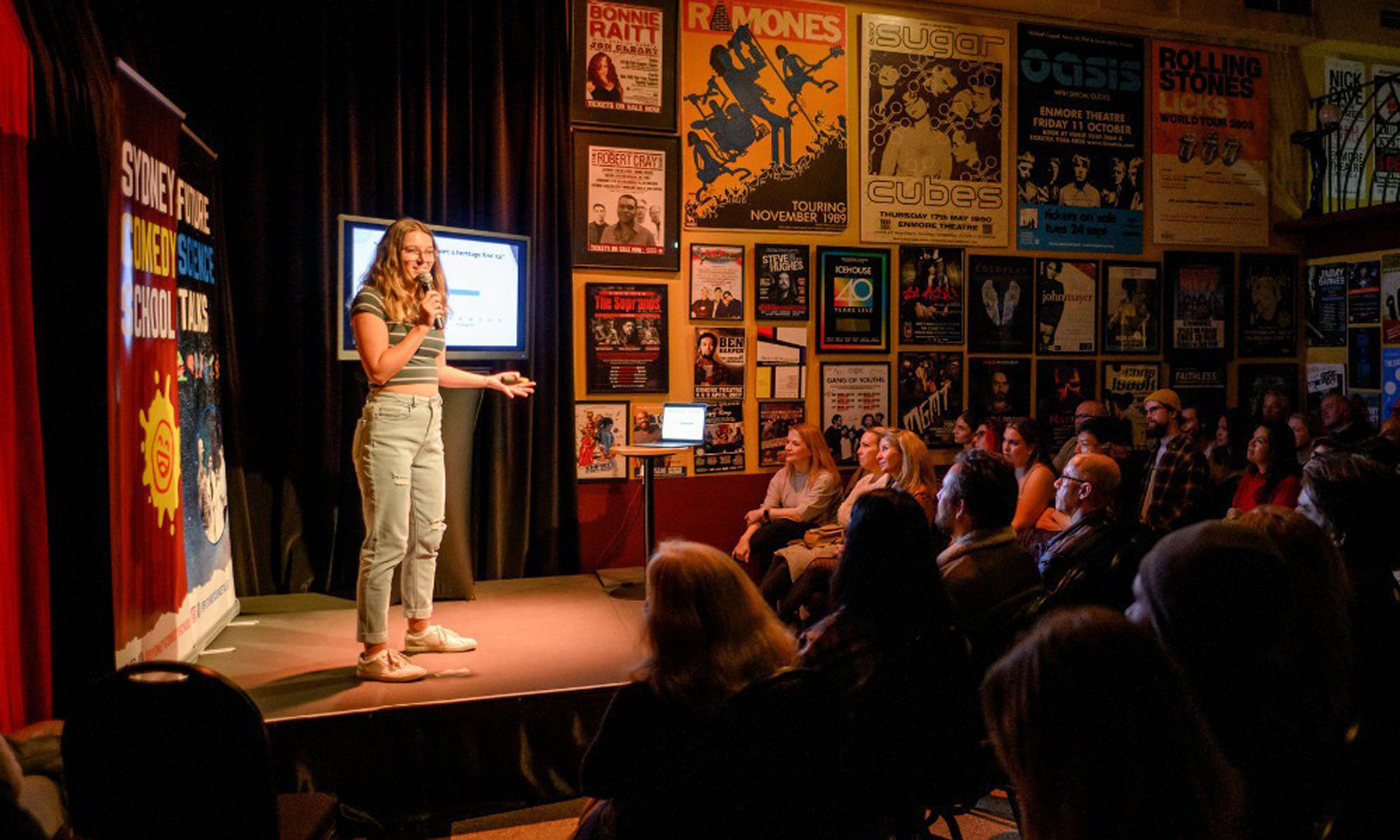
Scientists become storytellers in Future Science Talks. Photo: supplied
Science communication is also at the heart of Future Science Talks: Comedy Edition, which is debuting at the Adelaide Fringe this year. It features 15 scientists from Adelaide who have partnered with comedians to infuse humour and laughs into scientific talks.
“The result is that each scientist has a 10-minute talk, which is both hilarious and easy to understand,” says presenter and director David Crisante.
While the talks can help scientists progress their careers by becoming better communicators, they are also helping change the public perception of those working in science and academia.
“Academics are storytellers – even if they might not naturally think of themselves in this way,” says Crisante.
“We have deliberately put our talks in major arts festivals across Australia to help the general public see scientists and academics as storytellers who are working to make our world a better place.”
The topics covered at Future Science Talks – at The Jade until February 27 – are diverse and include immunology, cockroaches and emojis, as well as more sensitive matters such as cancer, endometriosis and other life-altering diseases.
“Presenters find a way to poke fun at themselves or frequently ask questions about these topics, rather than at the expense of people who are impacted by disease,” says Crisante.
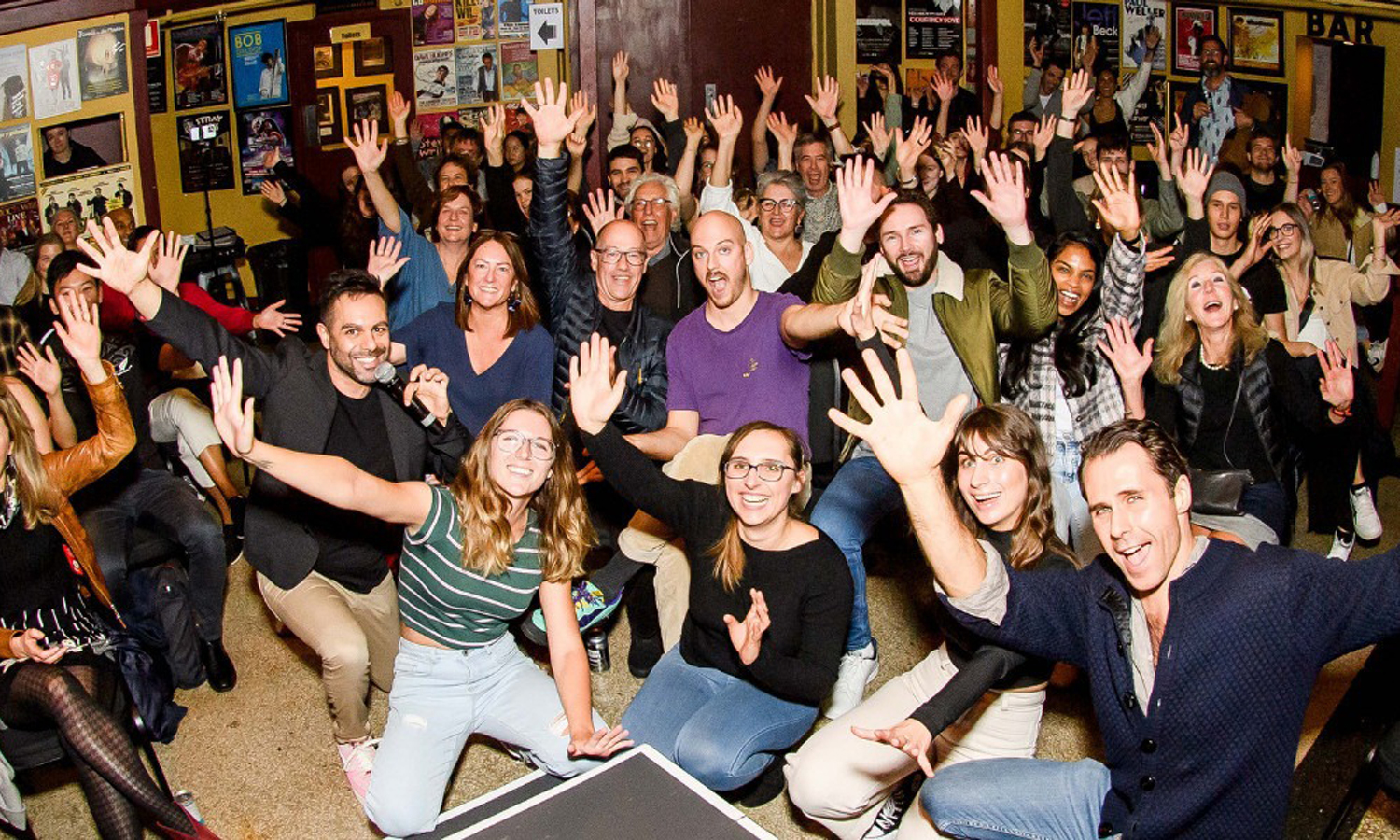
Future Science Talks: Comedy Edition comes to Adelaide after sold-out seasons at festivals interstate. Photo: supplied
He says an important aspect of Future Science Talks is that local scientists are offered an opportunity to discuss what they are studying here in South Australia.
“In Adelaide, there are some fascinating topics: how to sleep better, how you can better manage pain, and even what creates the best flavours of wine.
“Each show is like a great documentary where audiences are both entertained and enlightened.”
After sold-out shows at the Sydney Comedy Festival, Sydney Fringe Festival and Science Week 2023, Crisante says there appears to be an appetite to hear more about science at arts festivals.
The Adelaide Fringe has picked up on this hunger, partnering with Inspiring South Australia to produce a Science at Fringe guide that highlights more than 55 shows which blend science with visual arts, theatre, magic, and comedy.
Other events to check out include:
Intolerant: A cabaret-comedy show that follows Uma, an opera singer and theatre kid, after her diagnosis with Crohn’s disease. It uses original songs, musical theatre favourites and opera parodies to unpack this disease and spread awareness. (Prompt Creative Centre, March 2-5 and March 9-10).
Mario the Maker Magician: This Australian premiere weaves through a world of vaudeville and magic, cardboard and robots, science and innovation. Presented by Mario “the Maker Magician” Marchese, a first-generation Italian-American and New York-based performer, author and maker, it is described as not just a kids’ show, but “a romping explosion of energy” for everyone. (The Garden of Unearthly Delights, until March 17.)

Get InReview in your inbox – free each Saturday. Local arts and culture – covered.
Thanks for signing up to the InReview newsletter.
Atomically Correct: A science comedy that unravels the mysteries of humanity from inside the atom, with award-winning science explainer Rachel Rayner. It promises to “delve into language, lies, quantum-level realities, and the happy accident that is the human race”. (Little Bang Brewing Co, February 23, 25 & 29 and March 1 & 3.)
The Wine Science Show: Described as “MythBusters meets stand-up comedy”, this show by comedian Luke Morris blends psychology, biology, physics and history with comedy to serve up what the Fringe program describes as a “barrel of laughs”. (Little Bang Brewing Co, February 24 & 29, and March 1 & 3.)
Future Science Talks is at The Jade from February 23-27, and BROKEN is at MOD. until November 2024.
This story is part of a series of articles being produced by InReview with the support of Adelaide Fringe.
Read more 2024 Adelaide Fringe stories here.
Support local arts journalism
Your support will help us continue the important work of InReview in publishing free professional journalism that celebrates, interrogates and amplifies arts and culture in South Australia.
Donate Here
